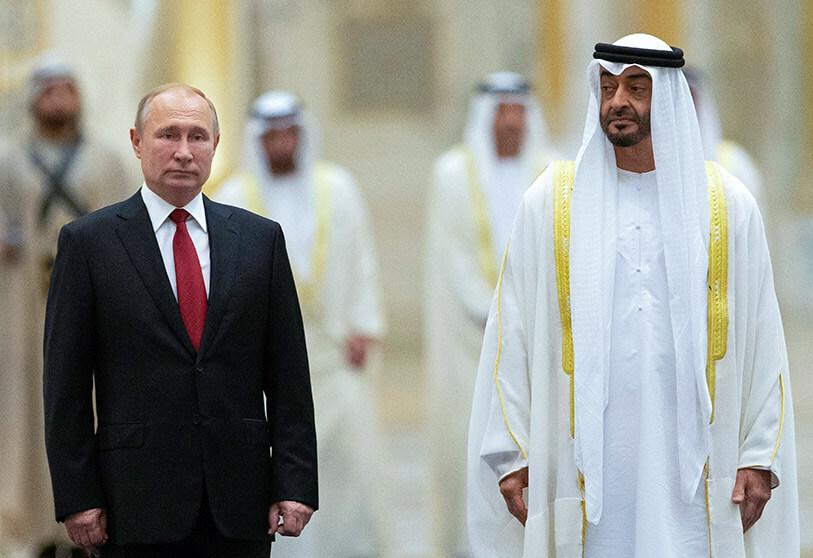Oil & Gas
RUSSIA : Russian Retaliation on Oil Price Cap
Juma Mandali

Russia has the sovereign right to respond to the G7 oil price cap, and it hasn’t consulted with OPEC+ over the response, Kremlin spokesman Dmitry Peskov said on Wednesday.
On Tuesday, Russian President Vladimir Putin banned the sale of Russian oil to countries that have joined the so-called Price Cap Coalition and comply with the cap imposed by the Western countries. The Russian move was weeks in the making and follows the start of the price cap mechanism that the G7, the EU, and Australia implemented on December 5.
The EU and G7 banned maritime transportation services from shipping Russia’s crude oil to third countries if the oil is bought above the price cap of $60 per barrel, and the EU imposed an embargo on seaborne imports of Russian oil into the bloc.
A decree signed by Putin on Tuesday bans the sale of Russian oil to countries that comply with the price cap and will be in effect from February 1 to July 1, 2023.
Russia has the right to respond to “illegal measures” as it sees fit, Putin’s spokesman Peskov said today.
While Russia hasn’t consulted fellow OPEC+ producers over its response to the price cap, Moscow and the other members of the group are in contact on other issues, Peskov added.
Moscow claims the price cap will not seriously hit its oil production and economy. Russia’s oil production will not fall off a cliff now that the EU-G7 price cap on Russian crude has come into effect, Russia’s First Deputy Energy Minister Pavel Sorokin said earlier this month.
“Most markets are available for our oil based on adequate market principles, while any fluctuations in oil production that may occur, are not critical and will not exceed those registered in the spring,” Sorokin told reporters in Moscow in early December, as carried by Russian news agency TASS.
